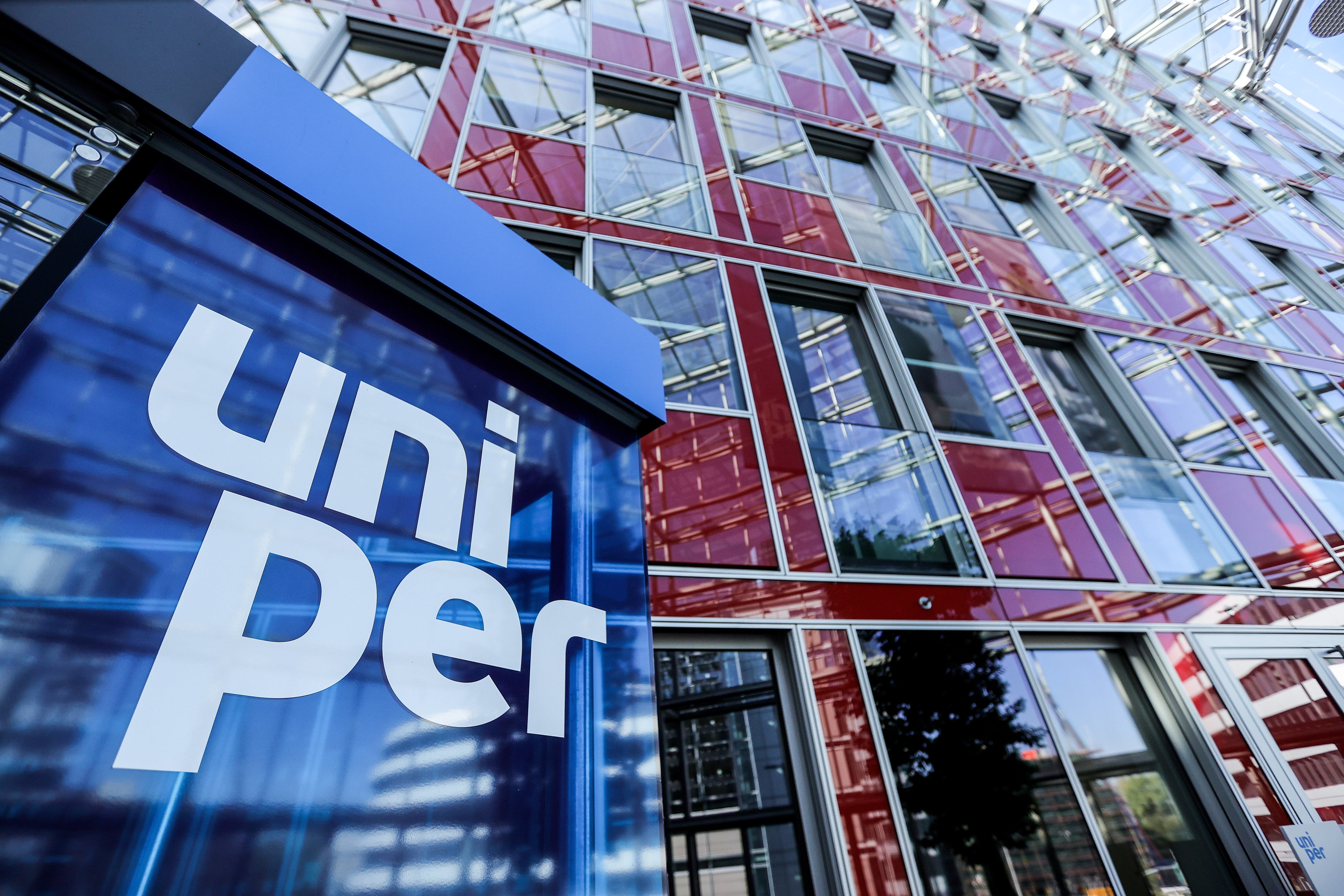Germany to nationalise embattled gas giant Uniper as energy crisis looms

The German government has agreed to nationalise the embattled gas giant Uniper, which ran into financial problems after the curtailment of Russian supplies.
The decision, taken on Wednesday, will boost the state intervention in the industry and prevent possible energy shortages in the wake of Russia’s war in Ukraine.
Uniper, which is Germany’s largest gas importing company, had already been granted a rescue package agreed in July.
It will also see the government gain a 99 per cent stake in Uniper, which until now was controlled by Finland-based Fortum.
The Finnish government has the largest stake in Fortum.
Germany‘s economy minister, Robert Habeck, said the deal was necessary because of Uniper’s significance in the German gas market. It still needed to be approved by the European Commission, the European Union’s executive arm.
Uniper supplies about 40 per cent of all gas customers in Germany, and before the war, it bought about half of its gas from Russia.
The company’s losses have mounted as Russia has reduced natural gas supplies to European countries supporting Ukraine.
Citing the importance of Uniper for the German gas market, Germany‘s economy minister, Robert Habeck, said the government had chosen to nationalise the company “to ensure security of supply for Germany“.
It was also holding onto plans for consumers to pay a gas surcharge, despite criticism from opposition parties.
Uniper supplies gas to some 200 municipal utility companies in Germany. It also holds stakes in power plants in Germany, Britain, Hungary, the Netherlands, Russia and Sweden.
Fortum’s chief executive said the company’s divestment of Uniper was “the right step to take”.
“The role of gas in Europe has fundamentally changed since Russia attacked Ukraine, and so has the outlook for a gas-heavy portfolio,” chief executive Markus Rauramo said.
Tytti Tuppurainen, the Finnish minister responsible for government-controlled companies, said that the Uniper deal was “inevitable” so that Fortum’s losses could be limited and the Finnish state would no longer have to capitalise the troubled Espoo, Finland-based energy group.
She made clear that the Finnish government was not happy with the end result with Uniper, but acknowledged that Wednesday’s deal was “the unfortunate fact” Finland would have to deal with.
Uniper shares were down by a third on the Frankfurt exchange on Wednesday compared with the previous day.
With additional reporting from the Associated Press
Join our commenting forum
Join thought-provoking conversations, follow other Independent readers and see their replies
Comments
Bookmark popover
Removed from bookmarks